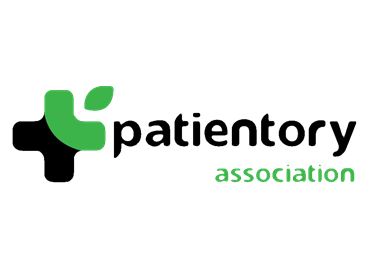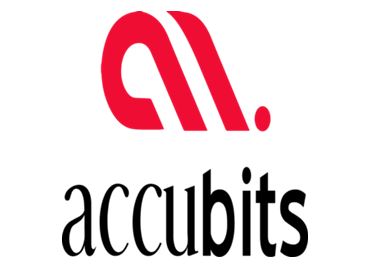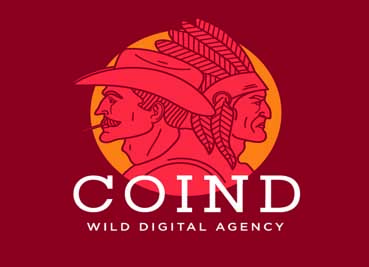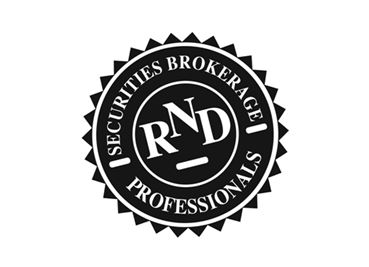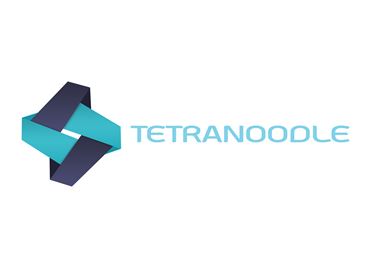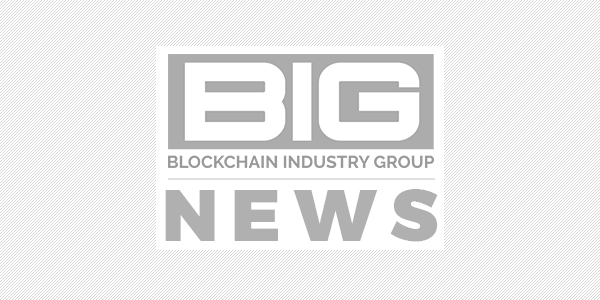
The Ethereum Enterprise Alliance (EEA) has been consistently working to connect some of the largest global companies with Ethereum experts and technology vendors.
Notable members include J.P. Morgan & Co. and American Family Insurance – and the EEA is already recognized as the world’s largest open-source blockchain initiative.
The organization has continued to grow and is currently working on more than 17 different initiatives based on industry-specific challenges. The EEA also works through ‘Working Groups’ where Industry leaders and Ethereum experts can collaborate and work on their own identified challenges.
Active Working Groups are currently focused on a diverse set of problems and business sectors. For example, The Security Working group is focused on eliminating vulnerabilities and improving the security of smart contracts.
Similarly, The Insurance Working Groups is involved in the development of an open and decentralized protocol that can be used in the Insurance Industry.
All Members of The Ethereum Enterprise Alliance can access these Working Groups and are also encouraged to create their own for further collaborations.
As recently as December 2017, three new Working Groups were launched, each one focusing on a specific goal. The Multiplatform Working Group, Digital Identity Working Group, and the Energy Working Group all serve to provide synergies between corporations and Ethereum technologists.
The Multiplatform Working Group aims to use the current Ethereum platform and make it compatible with industry-standard hardware and Operating Systems. The Digital Identity Working Group has a completely different focus of using Ethereum to develop an industry-standard taxonomy for digital identities. The Energy Working Group focuses on the energy sector and looks to explore the various applications of Ethereum technology in oil, gas, mining, and the utility sector.
All Working Groups have a goal of solving real-world problems making them highly relevant and popular among corporations. Back in August 2017, EEA launched it’s Legal Industry Working Group and received tremendous support from not only Law firms but also academic and banking institutions.
Cooley LLP, Holland & Knight, Morrison & Foerster, Latham & Watkins LLP, Cardozo Law School and the Department of Legal Studies and Business Ethics at the University of Pennsylvania’s Wharton School, among many others, saw the potential of such an industry-specific collaboration.
Suffice it to say, Working Groups are the backbone of The Ethereum Enterprise Alliance and will pave the way for powerful future developments and solutions.
The EEA closely nurtures each Working Group to ensure that members are able to benefit from collaborations and are able to move closer to their specified goals. That is why we don’t see a new Working Group pop-up every day – these are organic partnerships that take time to develop, grow and solve problems.
With over 300+ members, EEA is looking to grow Internationally and become more than just a network of different organizations. In 2018 and beyond will see even more growth, as the EEA on-boards international partners and expands to include more business sectors and kick-start new initiatives.
Meanwhile, these Working Groups will function as catalysts for industry adoption, high-level solutions and breakthrough technologies which can have global implications in the coming years.
At the opening of the EEA, Joseph Lubin, Co-Founder of Ethereum said “Enterprises represent mindshare, they represent resources, in order to get the technology out, in order to make it ubiquitous, we need to speak to everybody and make Ethereum inclusive.”
By M. Raja, BIG Writer

